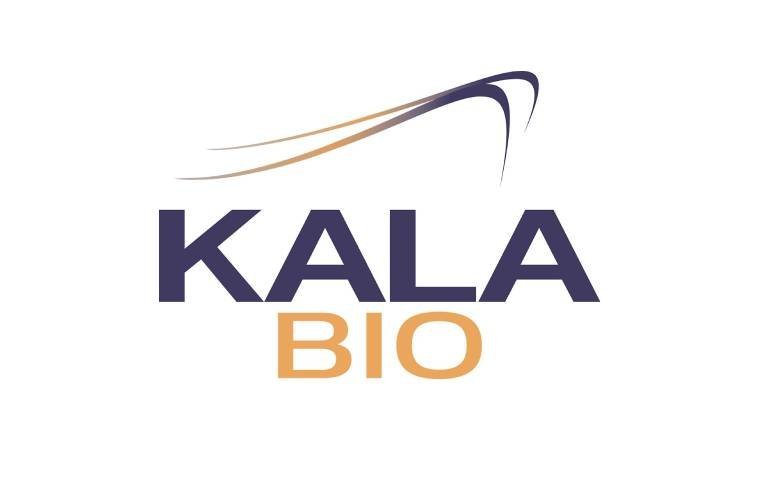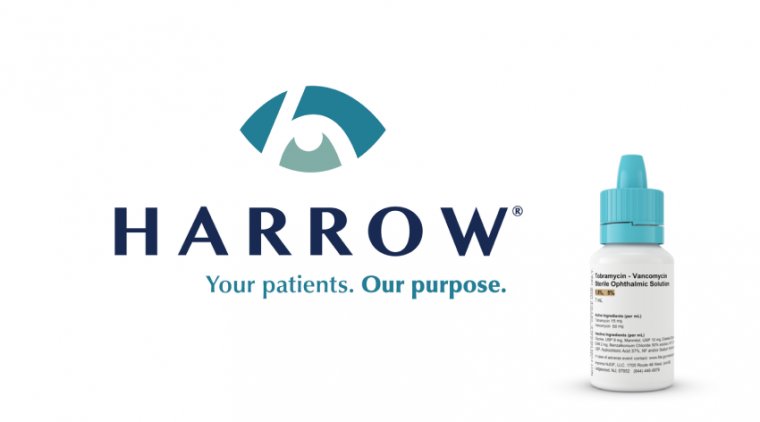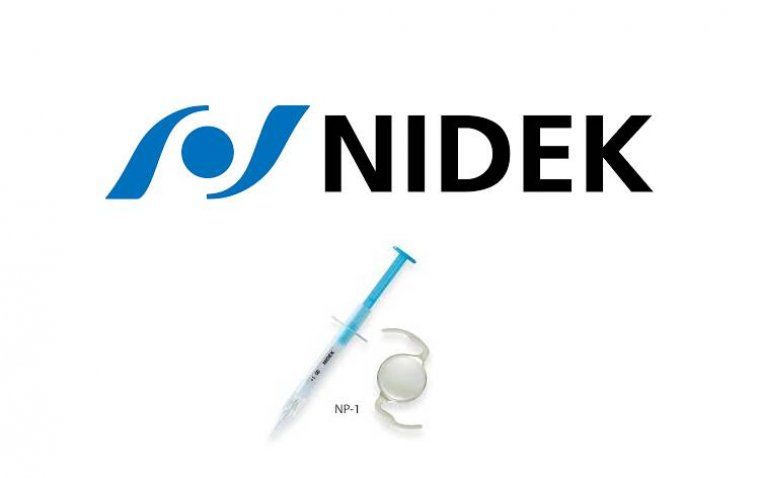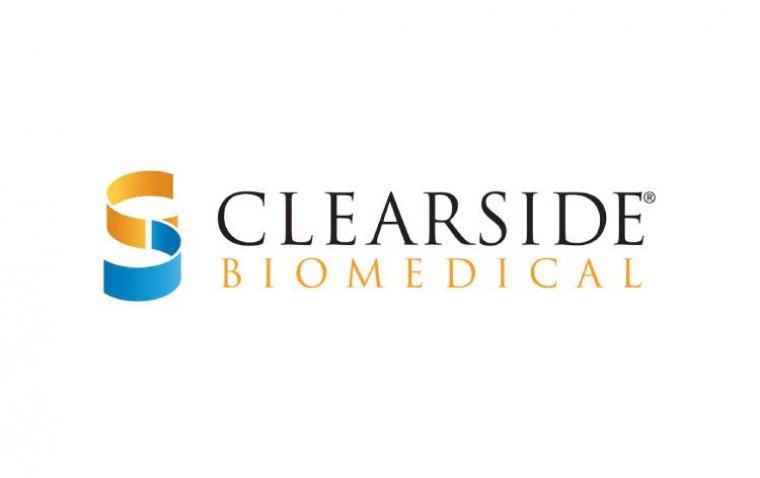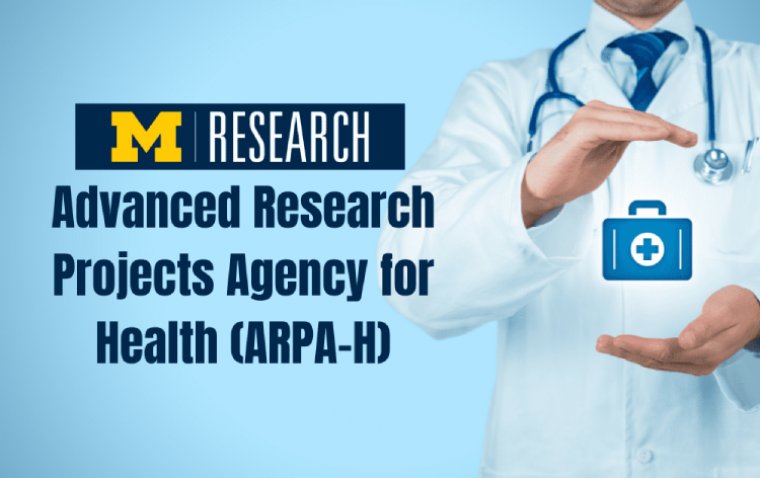
ARPA-H Launches Program to Restore Sight through Eye Transplantation
The Advanced Research Projects Agency for Health (ARPA-H), a division of the U.S. Department of Health and Human Services (HHS), has launched a pioneering initiative aimed at restoring vision to individuals who are blind. The Transplantation of Human Eye Allografts (THEA) program intends to transplant entire human eyes, reconnecting nerves, muscles, and blood vessels to the brain to restore sight.
With over 7 million Americans grappling with vision loss, caused primarily by conditions such as age-related macular degeneration, glaucoma, and diabetic retinopathy, THEA represents a leap towards a viable solution. While therapeutic interventions exist to decelerate the progression of vision loss, none currently exist to fully restore sight.
Notably, THEA addresses a critical limitation in the current scope of eye transplantation. While approximately 70,000 Americans donate their eyes annually, only specific parts, predominantly the cornea, are eligible for transplantation. Consequently, individuals affected by conditions impacting the retina and optic nerve remain devoid of viable options for improvement.
Dr. Calvin Roberts, the Program Manager for ARPA-H THEA, expressed optimism about recent breakthroughs in vision science and neuroscience, citing potential solutions for the complex task of reattaching the optic nerve. "With THEA, we aim to revolutionize the reconnection of nerves to the brain and make these advancements accessible globally, offering an alternative to lifelong blindness," stated Dr. Roberts.
THEA aims to leverage emerging microsurgical techniques and genetic and cell-based therapies to facilitate eye transplant surgery and healing. By preserving or regrowing nerves from the eye to the brain, these regenerative solutions hold promise in preventing degenerative blindness—a significant stride towards successful whole eye transplantation.
Dr. Renee Wegrzyn, Director of ARPA-H, highlighted the unique challenge posed by vision restoration compared to other organ transplants. "While it has been nearly 60 years since the first successful human heart transplant, we have not been able to use similar approaches to restore a person’s sight, and that’s what makes this an ARPA-hard problem to solve," remarked Dr. Wegrzyn.
THEA will actively foster collaboration between academia and industry, aiming to expedite discoveries with innovative tools not previously applied to ocular surgery. The program will soon issue an Innovative Solutions Opening, inviting proposals in three technical areas: retrieval and maintenance of donor eyes, optic nerve repair and regeneration, and surgical procedures, post-operative care, and functional assessment.
This ambitious initiative marks a significant step forward in the quest to restore vision and tackle the longstanding challenges associated with blindness. As research and technology converge under THEA, the program holds the potential to transform the lives of millions affected by vision impairment.
Reference:
https://arpa-h.gov/news-and-events/arpa-h-program-aims-restore-sight-people-who-are-blind
(1).jpg)



